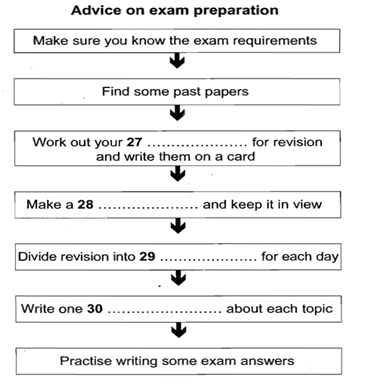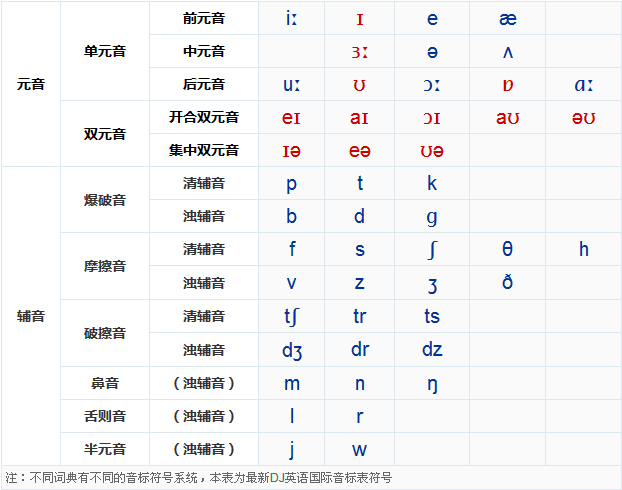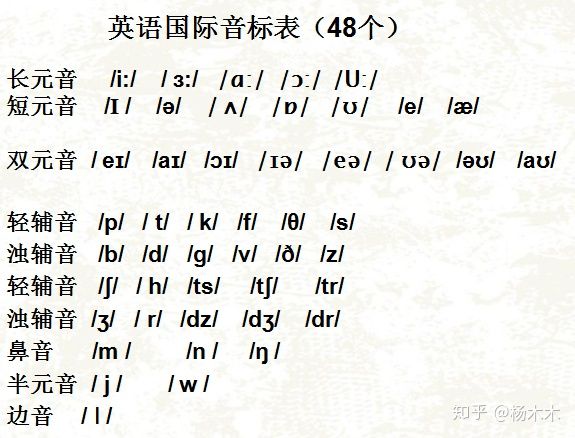雅思口語7分有多難?詞匯量要多少才夠?下面小編就和大家分享,來欣賞一下吧。
雅思口語7分有多難?詞匯量要多少才夠
很多同學(xué)問:雅思口語7分有多難?口語7分需要多少詞匯量?其實(shí),在教雅思口語的過程中,大家都會(huì)遇到這樣的問題:如果我詞匯量有限,應(yīng)該怎么辦?等等。對(duì)于這樣的問題,新東方雅思老師給出這樣的解釋:詞匯量是雅思口語考察的四個(gè)評(píng)分標(biāo)準(zhǔn)之一,但絕對(duì)不是唯一的評(píng)分標(biāo)準(zhǔn),而且也不是最為重要的評(píng)分標(biāo)準(zhǔn)。考生們之所以會(huì)有這樣的眾多的關(guān)于詞匯量的疑問,主要是由于傳統(tǒng)英語教學(xué)方式所致。在傳統(tǒng)英語教育中,無論是平時(shí)的課堂教學(xué),還是考試,詞匯都被給予了極大的重視。
這就不可避免的導(dǎo)致了考生會(huì)不自覺地將雅思水平和詞匯量掛鉤。所以,我們通常會(huì)看到雅思詞匯量大的考生過于自信,詞匯量小的學(xué)生比較自卑,但雅思口語考試的結(jié)果往往與詞匯量沒有直接關(guān)系。其次,很多雅思考生在準(zhǔn)備英語考試,尤其是雅思考試中,可能會(huì)通過聽,看大量的英語節(jié)目,歌曲,電影來提高自己的聽說能力。而在這個(gè)過程當(dāng)中,可能感覺外國人的單詞太難,所以感覺自己的詞匯量太小,從而更加堅(jiān)定了這種通過擴(kuò)大詞匯量來提高自身雅思口語水平的想法。
其實(shí),電視節(jié)目或者radio里面的人說話時(shí)用的詞匯之所以難主要是因?yàn)檫@些話都是事先準(zhǔn)備好的。如果大家真的與外教或者其他的外國人多進(jìn)行交流的時(shí)候,我們不難發(fā)現(xiàn),外國人通常用的詞匯很簡(jiǎn)單,非常常見。大家可以想象一下:在外教課上,外教說的話基本上稍微有點(diǎn)水平的學(xué)生都會(huì)聽的懂。但是學(xué)生們有沒有想過,如果讓你們站在講桌上,你們是否還能連續(xù)的說3個(gè)小時(shí)呢? 恐怕5分鐘都非常的困難。所以我們可以看到,其實(shí)雅思口語能力并不是通過詞匯量來衡量,而是更多的看一個(gè)人運(yùn)用語言這樣的工具去交流。
當(dāng)然,不需要太多詞匯量,并不代表可以沒有詞匯量。專家們認(rèn)為,如果考生在雅思口語考試中想要考6分,2000詞匯足以。如果要考7分,3000詞匯都多。當(dāng)然,這一切發(fā)生的條件都是考生不能在雅思口語的其他三個(gè)評(píng)分標(biāo)準(zhǔn)中有太大的瑕疵:發(fā)音,語法和流利度。可能很多人感覺3000詞匯怎么可能口語考7,那么下面就讓我們來分析一下這3000詞匯包含什么?7分的雅思口語又是如何通過這3000詞匯實(shí)現(xiàn)的?
3000詞匯當(dāng)然除了基本的在國內(nèi)小學(xué),初中學(xué)習(xí)的詞匯外,還主要包含兩個(gè)方面:1. 雅思口語常用表達(dá):比如說for what is worth; totally;pretty much等;2. 專業(yè)的雅思話題詞匯。 首先,第一類的詞匯可以簡(jiǎn)單的稱之為萬能詞匯,具有以下特點(diǎn):1。在外國人的對(duì)話里會(huì)經(jīng)常的用到。這些詞匯可能考生早已熟知,但是并沒有有意識(shí)的去應(yīng)用;所以,如果想要雅思考7,考生們需要通過與外教的交流或者是看一些國外的劇來積累至少50-70個(gè)這樣的口語高頻詞組。而且這些詞組非常地道,能夠讓雅思考官眼前一亮。
雅思口語得六分容易嗎
雅思口語六分不容易。雅思口語小分是大家最為頭疼的一點(diǎn)。常常因?yàn)榱泓c(diǎn)五分就需要再考一次甚至考多次才能達(dá)到。具體雅思口語六分應(yīng)達(dá)到什么標(biāo)準(zhǔn)。知道評(píng)分標(biāo)準(zhǔn)也能讓大家復(fù)習(xí)過程中更有重點(diǎn),下面就來看看小編為大家收集整理的雅思口語評(píng)分細(xì)則,分享給大家,希望對(duì)大家有所幫助。下面和小編一起來看看吧:
同樣,在雅思口語部分,考官也是按四項(xiàng)標(biāo)準(zhǔn)分別評(píng)等級(jí)分:流利度及連貫性,詞匯、句式豐富性及語法準(zhǔn)確性和語音。
仍以一名獲得口語6分的考生為例,他所對(duì)應(yīng)的口語水準(zhǔn)是:
(A)流利度及連貫性方面,愿意進(jìn)行詳細(xì)描述,但有時(shí)因重復(fù)、自我更正或停頓而造成不連貫,運(yùn)用不同的連接詞和語篇標(biāo)記,但有時(shí)不恰當(dāng)。
(B)詞匯方面,盡管有時(shí)詞匯運(yùn)用不恰當(dāng),但詞匯量足以詳細(xì)表述主題,表意清楚,總體上能成功地變換措辭進(jìn)行復(fù)述。
(C)句式多樣性及語法準(zhǔn)確性方面,混合使用簡(jiǎn)單和復(fù)合句式,但不夠靈活;使用復(fù)合句式時(shí)經(jīng)常出錯(cuò),但并不因此影響理解。
(D)語音方面,總體能聽懂,偶爾因發(fā)音錯(cuò)誤給聽者理解造成負(fù)擔(dān)。 評(píng)分一直受質(zhì)量監(jiān)控。
變題期雅思口語高頻話題
3. 聰明人
Describe an intelligent person you know.
You should say:
Who this person is
Who you know this person
What this person does
And explain why you think this person is intelligent
Part 3:
Do you think smart people tend to be selfish?
Who do you think plays a more important role in a child’s development, teachers or parents?
Why are some children more intelligent than others?
4. 有趣的老人
Describe an old person who is interesting.
You should say:
Who this person is
How you know this person
What you do with this person
And explain why you think this person is interesting
Part 3:
What can old people teach young people
Do old people share the same interest with young people?
Do you think old people should live with their family?
5. 兒時(shí)的榜樣
Describe a person you wanted to be similar to when you were growing up.
You should say:
When you first met this person
Who this person was
What the person did
And why you would like to become this person
Part 3:
What kinds of famous people do children like?
What good qualities do famous people have?
Do you think advertisements aimed at children should be endorsed by famous people?
Can you compare the past and the present of children’s life?
6. 沒見過但想多了解的人
Describe someone you haven’t seen before but you would like to know more.
You should say:
Who this person is
How you knew about the person
What you want to know more about this person
Why you would like to know this person more
Part 3:
What kinds of people do you like to be friends with?
Do you prefer to expand your social circle or be friends with a small group of people?
變題期雅思口語高頻話題
7. 環(huán)保人士
Describe a person who helps to protect the environment.
You should say:
Who this person is
How this person protects the environment
What difficulty this person has faced
And how you feel about this person
Part 3:
What is the importance of environment education?
How to protect the environment?
Is it important to teach students environmental protection at school?
Do you think it is necessary to make environmental protection as a subject?
8. 一起工作/學(xué)習(xí)的人
Describe someone you would like to study or work with.
You should say:
Who this person is
How long you have known this person
What you have done together
And explain why you would like to work/study with this person
Part 3:
What kinds of person do you like to work with?
Which one is more important to you at work, development in work related skills or the recognition from your supervisors?
Do you think managers can be friends with their subordinates?
雅思口語7分有多難相關(guān)文章:
1.BEC商務(wù)英語中級(jí)和高級(jí)之間差距有多大
2.雅思托福gre詞匯量多少





